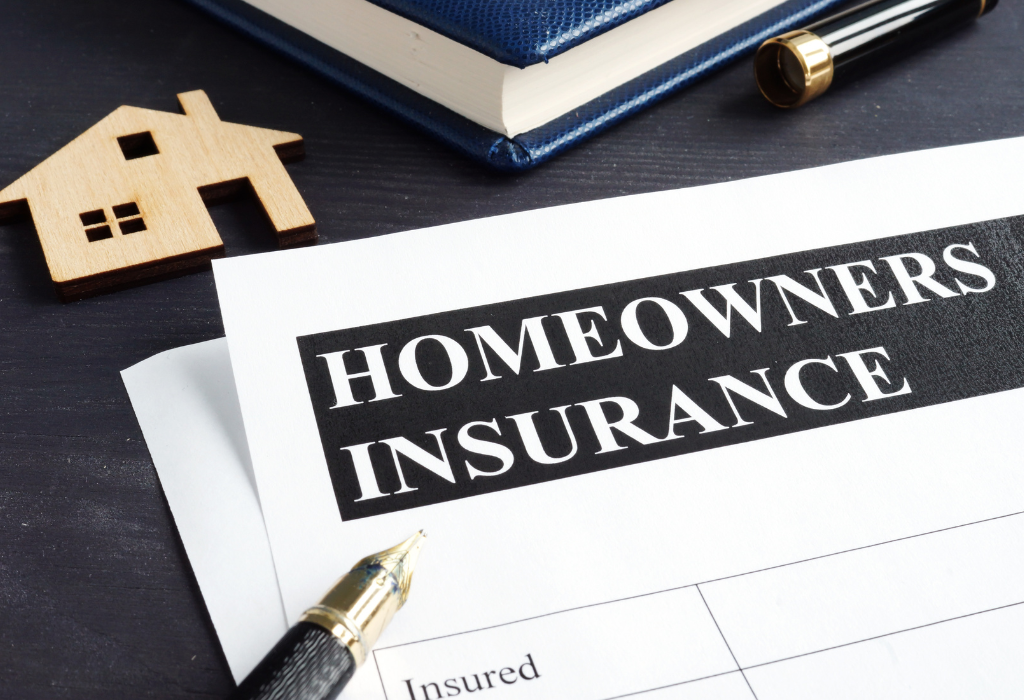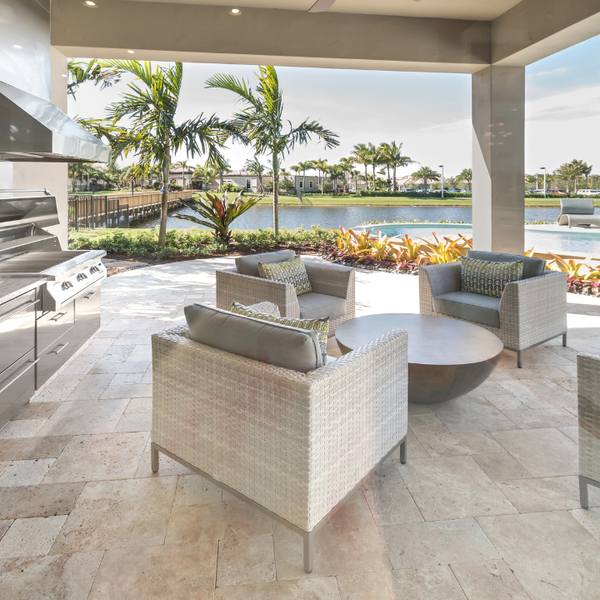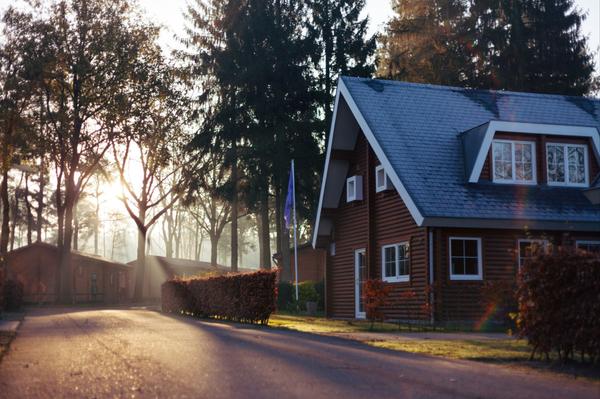Why Homeowners Insurance is a Must-Have

Why Homeowners Insurance is a Must-Have
If you're in the process of getting a home loan, you've likely come across the mandatory requirement of homeowners insurance. It might seem like an extra hoop to jump through, but there's a good reason behind it, and it's not just your mortgage lender playing it safe.
So, why is homeowners insurance a non-negotiable part of the home loan process? Simply put, it's all about protecting the investment—both yours and your lender's. Even if you're the adventurous type who embraces risk, your mortgage lender isn't on the same page. Before they give the green light on your loan, they want the assurance that your property is safeguarded. That's where homeowners insurance steps in, shielding the lender's interest in your home.
But what if you've already paid off your mortgage? The wisdom of having homeowners insurance doesn't fade away. It's a smart move to maintain coverage, ensuring your investment stays protected against unexpected twists of fate.
What is homeowners insurance?
In simple terms, it's a specialized insurance policy designed to shield homeowners from various threats, such as fires, storms, or burglary. Beyond property damage, it goes the extra mile by covering legal costs if someone gets injured on your turf.
In essence, homeowners insurance isn't just a bureaucratic requirement; it's your safety net in the unpredictable world of homeownership. Whether you're diving into a mortgage or enjoying the mortgage-free life, having this coverage is a prudent step to secure your home sweet home.\
Do you need homeowners insurance?
Whether it's a lender requirement for a mortgaged home or a personal choice, homeowners insurance is crucial. Without it, you'd be left footing the bill for rebuilding, replacing lost possessions, and covering medical bills or lawsuits from accidents on your property. Having homeowners insurance not only meets lender demands but also provides the financial security needed to stay on top of loan payments and protect your investment.
What does homeowners insurance cover?
Understanding homeowners insurance is like having a safety net for your home and belongings. While policies can differ, they generally offer coverage for various aspects of your property and personal belongings, helping you bounce back from financial setbacks.
Here's a breakdown of what homeowners insurance typically covers:
Your Home: This includes the structure itself, covering essentials like plumbing, electrical wiring, and central air and heat systems.
Other Structures: Beyond the main house, homeowners insurance often extends its reach to cover structures like sheds and fences on your property.
Personal Belongings: Whether it's your electronics, appliances, or clothes, your possessions are usually covered – even if they're not within the confines of your property.
Loss of Use: Ever wondered what happens if your home needs fixing? Homeowners insurance has you covered for additional living expenses, like hotel stays, while your home is being repaired.
Personal Liability Coverage: In the unfortunate event that someone gets injured on your property and decides to take legal action, homeowners insurance steps in to cover the financial losses.
Medical Payments: If someone gets hurt on your property, homeowners insurance may also help with medical payments, ensuring that necessary expenses are taken care of.
Homeowners insurance is your shield against many unforeseen events, but it's crucial to know its limitations. There are certain situations and perils that standard policies don't cover, leaving homeowners vulnerable to potential risks.
Here's a glimpse of what's typically not covered by standard homeowners insurance:
Floods: Homeowners insurance won't protect you against flood damage. If you live in an area prone to floods, consider adding a separate flood insurance policy to your coverage.
Earthquakes: Earthquakes are another natural disaster excluded from standard policies. If you reside in an earthquake-prone region, exploring additional earthquake insurance is advisable.
Hurricanes: The destructive force of hurricanes is often excluded from standard coverage. Depending on your location, you might want to look into specialized hurricane insurance for added protection.
Wildfires: The ravaging impact of wildfires is typically not covered by standard policies. Residents in wildfire-prone areas may need to consider supplemental coverage for this specific threat.
If you're getting a mortgage, be ready to show proof of 12 months' insurance premiums at closing. Bring your policy's declarations page and proof of payment. In flood-prone areas, additional flood insurance may be required by your lender.
When will I have to pay for homeowners insurance?
Paying for homeowners insurance is part of the deal when closing on your home. You'll cover the first year's insurance upfront. However, don't expect reduced payments in the first year. From your initial mortgage payment onward, your lender will collect monthly insurance premiums, along with taxes, interest, and principal (PITI). This all-in-one payment approach ensures your financial responsibilities are consistently met. Your lender will set up an escrow account to hold your monthly insurance premiums, making it hassle-free for you and guaranteeing funds are ready to cover next year's insurance bill. This way, you can enjoy your new home without worrying about separate insurance payments.
How much home insurance coverage do I need?
When determining your home insurance coverage, satisfying your mortgage lender requires covering your home for its current market value. However, experts often recommend opting for "replacement cost" coverage over market value. For instance, if your $200,000 home is covered for its market value, but it costs $225,000 to rebuild after a fire, you're left with a $25,000 gap.
Rebuilding is more expensive due to factors like debris removal and the absence of the cost-saving advantages enjoyed by professional home builders. To safeguard against unforeseen spikes in repair costs, you might also want to consider adding "extended value" coverage. This provides an additional 20-30 percent over your policy limit, protecting you in situations where a surge in demand raises repair prices, ensuring your home is adequately covered.
How to determine replacement value?
To determine the replacement value of your home, your insurance agent can provide a ballpark estimate. Online calculators are also available for comparison, or you can hire a contractor for a detailed estimate. Check if the home appraisal includes a replacement cost estimate.
While your policy may have an automatic inflation adjustment, it's advisable to review your coverage limits annually. This ensures that any changes in your situation are reflected, allowing you to adjust your policy if needed for comprehensive protection.
If you're unsure about getting home insurance or need more information, feel free to reach out to Luxe Omni. Our team is here to assist you and provide guidance on the pros and cons of securing home insurance. Making informed decisions about protecting your home has never been easier.
Categories
Recent Posts










